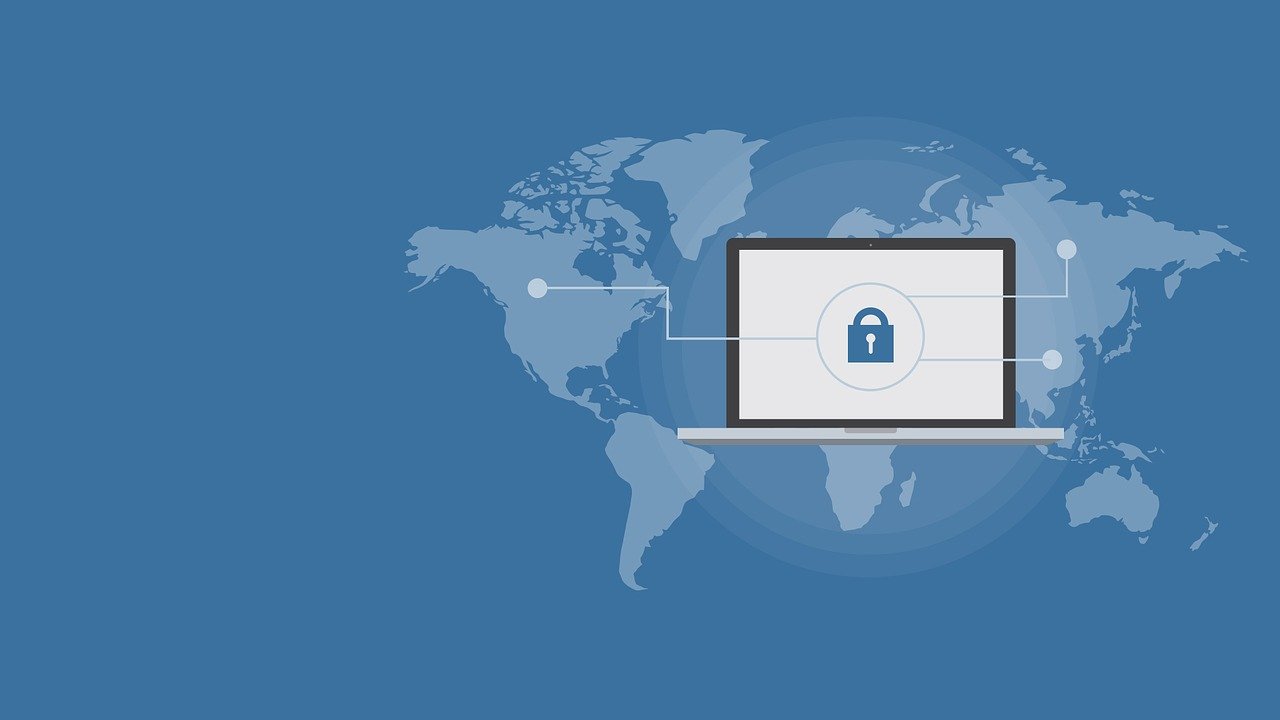Principles that work in protection
October is traditional European Cyber Security Month. It is a period that seeks to raise awareness of the overall issue and deals with various pitfalls, problems and related facts.
However, traps in the online space lurk for us practically every day and it would definitely not be ideal to point this out only during one month a year.
The issue needs to be addressed regularly and systematically so that we can develop at least basic awareness and habits that rapidly increase the chances of resisting various types of attacks. From simpler ones such as fake competitions without winnings, through fraudulent e-shops, to more sophisticated things using social engineering.
October if European Cyber Security Month it is, on the other hand, an ideal time when we can recall some of the things we have done and constantly deserve attention. Cyber security is not something that has lost its significance over time, quite the contrary.
The time we spend using devices connected to the Internet is by no means negligible, and despite the fact that various warnings appear regularly, many people still come across even simpler scams.
The complete foundations are underestimated and the vision of even the smallest profit can really obscure the judgment. We repeatedly underestimate the risks and often learn only when it is too late. On social networks we share too much and when we move in the online environment we think too little.
Security software is not enough for everything
Although it is true that complex security solutions Today, they can do a lot in the field of device protection, their potential to protect against sophisticated attacks and social engineering is very limited.
The behavior of the users themselves, who lack a complete foundation, does not help at all. Unfortunately, the instinct for self-preservation in the online world somehow does not apply, because the risks are not always completely noticeable. Scammers know this well, so they are constantly finding new victims.
Cyber security therefore, it does not end with installing a security solution on the device. It’s a good start, but in practice a little more is needed – better access from us, the users. Sometimes it would be enough to think hard about everything and add a healthy dose of skepticism.
Return to good foundations
The world is not an ideal place, so we are constantly repeating the various foundations for safer online movement and using the current European Cyber Security Month over and over again. This time a little wider.
To begin with, it would be good to look at least a little bit at the issue of malicious code such as malvér, advér a ransomvér. Although you may think you know everything about this area, take at least some time to refresh your knowledge. While we’re at it, you can immediately check for updates for security solution and perform a computer scan. You will kill two flies with one blow.
Security software is a kind of protective bulwark against malicious code of various kinds, but criminal elements try it from potential angles on potential victims. They involve feelings, probability, manipulation, and various other techniques to ultimately force you to give them exactly what they’re after. Whether it’s access to the device or personal data, social engineering is an extremely dangerous thing. They are also related to this fraudulent emailswhich you should also look at the tooth.
In order not to make too easy a sacrifice for you, it is also good to pay attention to what passwords you use for different services and accounts. Yes, passwords. One of the complete basics is to use a unique password for each account. You definitely know that and you have a little finger. But do you know how to create a good password? And how it can help protect your data or money two – factor verification?

New traps and child protection
In these days, it is no longer a coincidence that the pitfalls come through the computer. Technology has moved forward and our simple phones have become smartphones with a constant connection to the Internet. We use e-mails, surf the Internet, download applications or browse social networks. Virtually all the pitfalls that we know from the computer today are waiting for us right in our pocket. Fortunately, you just have to follow very similar ones basic security tips to help protect your smart devices.
We should approach the protection of our data and equipment with caution, but we should be especially careful when protecting the smallest and most vulnerable – our children. Closely related to this is the relatively new phenomenon of social networks, which has brought with it completely new pitfalls and problems. For example excessive information sharing, misinformation, poorly secured profile or sexual predators. Unfortunately, all of these are common problems.
But that’s not the end of it, when protecting children, it is necessary to explain, communicate, and thus control a bit. Do you know the biggest risks facing children online? Do your children know about them? Don’t really underestimate it, today’s children are living with technology much more naturally than older people. Teach them the basics of safe movement in online space. It will be much easier for you to sleep and the children will have it safely on the net. You can find even more practical advice on digital security on this page.

Our tip
October, as the European Cyber Security Month, is an ideal time to recall some of the basics.


